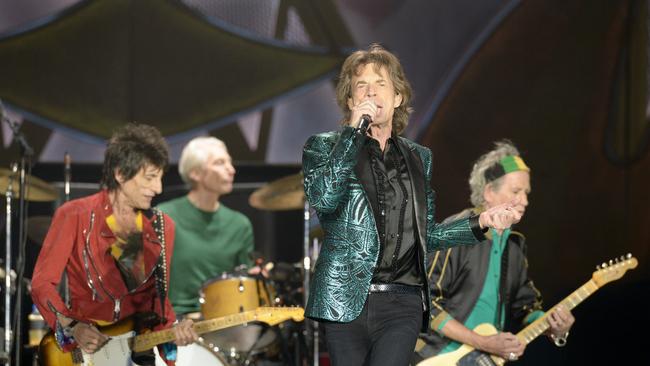It’s our money – it’s our right to know
SECRECY surrounding the spending of taxpayers’ money risks increasing waste and harming economic growth by allowing bad policies to go unchallenged, a leading economist warns.

SA News
Don't miss out on the headlines from SA News. Followed categories will be added to My News.
- Secrecy Inc: The business of keeping SA in the dark
- End suppression of identities for alleged sex offenders
- Calls to open up State Commission Assessment Panel hearings
SECRECY surrounding the spending of taxpayers’ money risks increasing waste and harming economic growth by allowing bad policies to go unchallenged, a leading economist warns.
The new State Government is facing calls to live up to its promises and reveal the full cost of a range of taxpayer-backed ventures, including luring drug cheat Lance Armstrong to the Tour Down Under and hosting a swag of other events with questionable economic return.
Treasurer Rob Lucas has ordered a review into a range of deals by the former Labor government, which he accused of “picking winners” for TV announcements.
They include using taxpayer cash to make Violet Crumbles in Adelaide and subsidise US billionaire Elon Musk’s construction of a battery to underpin energy from wind farms.
SA Centre for Economic Studies executive director Michael O’Neil said the lack of transparency around millions of dollars in taxpayer-backed deals made it almost impossible to study the real benefits of the splurges and dramatically increased the risk of waste.
“A lot of contracts are labelled ‘commercial in confidence’ when there is absolutely no reason why they should be,” he said. “You have found governments and departments hiding. Without disclosure, you can’t measure the quality of work and advice done.”
Professor O’Neil said that meant it was much more likely taxpayers’ dollars were not being used productively.
He said secrecy ended up costing money because Freedom of Information officers wasted time on things like the Gillman land deal that should be proactively disclosed.
The new Parliament will also face major secrecy tests on whether to open up the Independent Commission Against Corruption for public maladministration hearings. Former premier Jay Weatherill stridently opposed the move, saying exposure could damage reputations.
ICAC boss Bruce Lander has previously called for the change, which he says will boost public confidence that his inquiries are robust and thorough.
The move is likely to get backing from key Upper House crossbenchers and the Government, along with a push to bring in shield laws that allow journalists to protect whistleblower sources.


